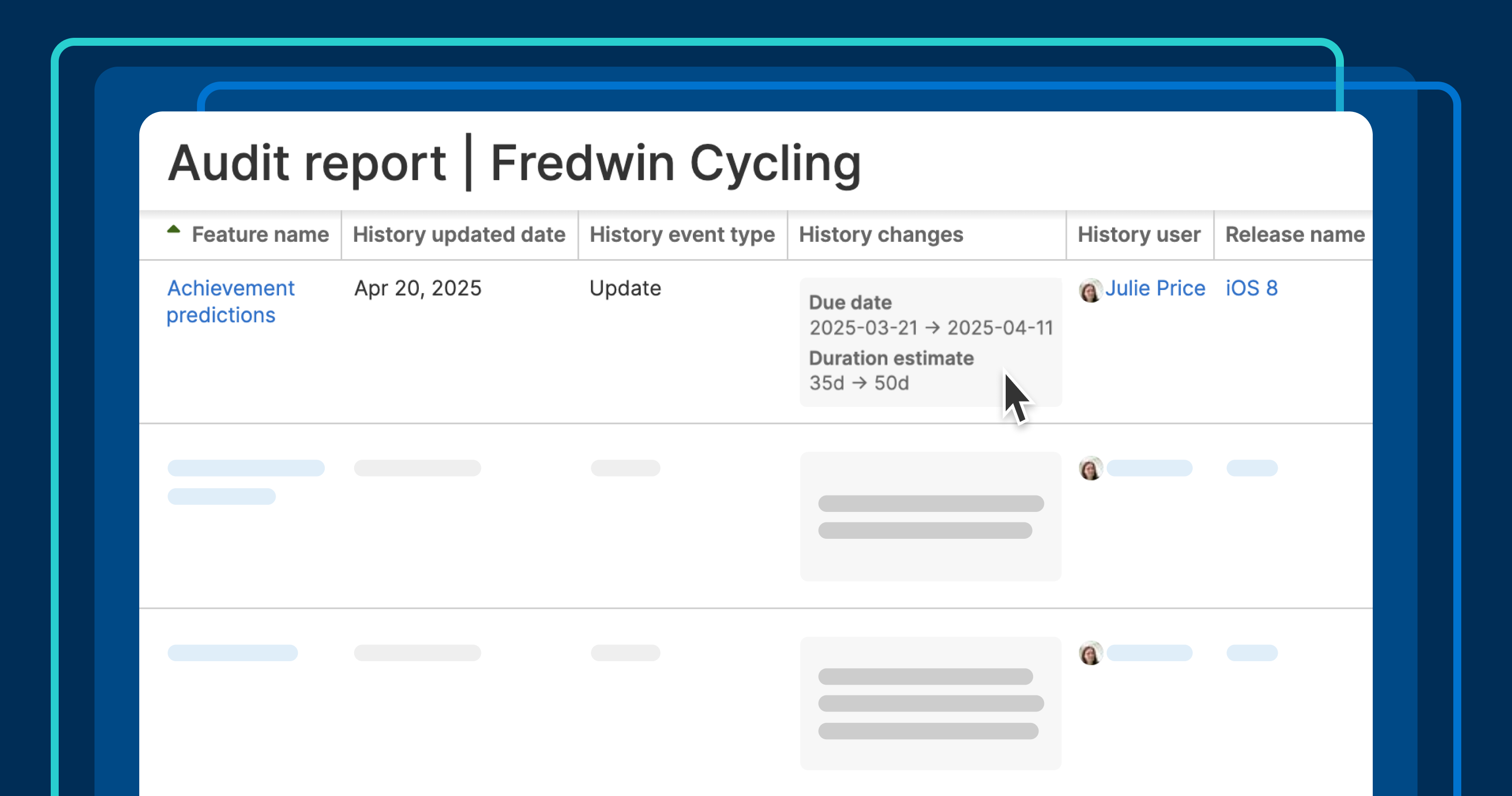Workers without college degrees make progress in slowing a grim trend, new report shows
Workers without college degrees have, for some time, faced declining opportunities in the workforce. However, new data signals that this may be changing, a sign that hiring managers are less focused on educational attainment and more focused on skills than they were in years past. That’s according to new research from Opportunity@Work, a nonprofit focused on increasing career opportunities for workers who lack college degrees but are “skilled through alternative routes,” aka “STARs.” The research, which analyzed trends in so-called paper ceilings, finds that between the years of 2000 and 2020, 70% of newly created jobs often required a college degree. However, over the past five years, “STARs,” or people who have attained a skillset without earning a college degree (for instance, via an apprenticeship or another route), started to regain up to 10% of those jobs, the research found. In other words, while workers without degrees continue to see their share of good-paying jobs decline, the downward trend has at least slowed, which the report attributes to shifting habits in hiring. “This report shows what is possible when awareness and behavior change together: job postings are measurably more open to STARs than in the early 2000s,” said Byron Auguste, CEO of Opportunity@Work, in a statement. “If we want our country to grow together—not apart—amid transformative technological and economic change—the starting point is to value all skills. And if we value all skills, STARs will rise.” New ways of thinking as college costs soar This may be good news for job-seekers who don’t have college degrees or aren’t especially keen on earning one, perhaps due to upfront costs. The average cost of a four-year degree has more than doubled since 2000 and grows around 4% per year. Meanwhile, additional research has shown an uptick in skills-based hiring and a decline in degree requirements. Between 2014 and 2023, there was a near-fourfold increase in the number of roles from which degree requirements were dropped, according to researchers from Harvard Business School and the Burning Glass Institute. “For the last 20 years, many employers’ practices appear to assume that having no college degree means you don’t have skills,” said Dr. Erica L. Groshen, senior economic advisor at Cornell U-ILR, a former Bureau of Labor Statistics commissioner, and chair of the STARs Insights Advisory Panel, in a statement. “Today, Opportunity@Work provides further evidence to refute that narrative.”

Workers without college degrees have, for some time, faced declining opportunities in the workforce. However, new data signals that this may be changing, a sign that hiring managers are less focused on educational attainment and more focused on skills than they were in years past.
That’s according to new research from Opportunity@Work, a nonprofit focused on increasing career opportunities for workers who lack college degrees but are “skilled through alternative routes,” aka “STARs.”
The research, which analyzed trends in so-called paper ceilings, finds that between the years of 2000 and 2020, 70% of newly created jobs often required a college degree.
However, over the past five years, “STARs,” or people who have attained a skillset without earning a college degree (for instance, via an apprenticeship or another route), started to regain up to 10% of those jobs, the research found.
In other words, while workers without degrees continue to see their share of good-paying jobs decline, the downward trend has at least slowed, which the report attributes to shifting habits in hiring.
“This report shows what is possible when awareness and behavior change together: job postings are measurably more open to STARs than in the early 2000s,” said Byron Auguste, CEO of Opportunity@Work, in a statement. “If we want our country to grow together—not apart—amid transformative technological and economic change—the starting point is to value all skills. And if we value all skills, STARs will rise.”
New ways of thinking as college costs soar
This may be good news for job-seekers who don’t have college degrees or aren’t especially keen on earning one, perhaps due to upfront costs. The average cost of a four-year degree has more than doubled since 2000 and grows around 4% per year.
Meanwhile, additional research has shown an uptick in skills-based hiring and a decline in degree requirements. Between 2014 and 2023, there was a near-fourfold increase in the number of roles from which degree requirements were dropped, according to researchers from Harvard Business School and the Burning Glass Institute.
“For the last 20 years, many employers’ practices appear to assume that having no college degree means you don’t have skills,” said Dr. Erica L. Groshen, senior economic advisor at Cornell U-ILR, a former Bureau of Labor Statistics commissioner, and chair of the STARs Insights Advisory Panel, in a statement. “Today, Opportunity@Work provides further evidence to refute that narrative.”

































































































![Building A Digital PR Strategy: 10 Essential Steps for Beginners [With Examples]](https://buzzsumo.com/wp-content/uploads/2023/09/Building-A-Digital-PR-Strategy-10-Essential-Steps-for-Beginners-With-Examples-bblog-masthead.jpg)





![How One Brand Solved the Marketing Attribution Puzzle [Video]](https://contentmarketinginstitute.com/wp-content/uploads/2025/03/marketing-attribution-model-600x338.png?#)































